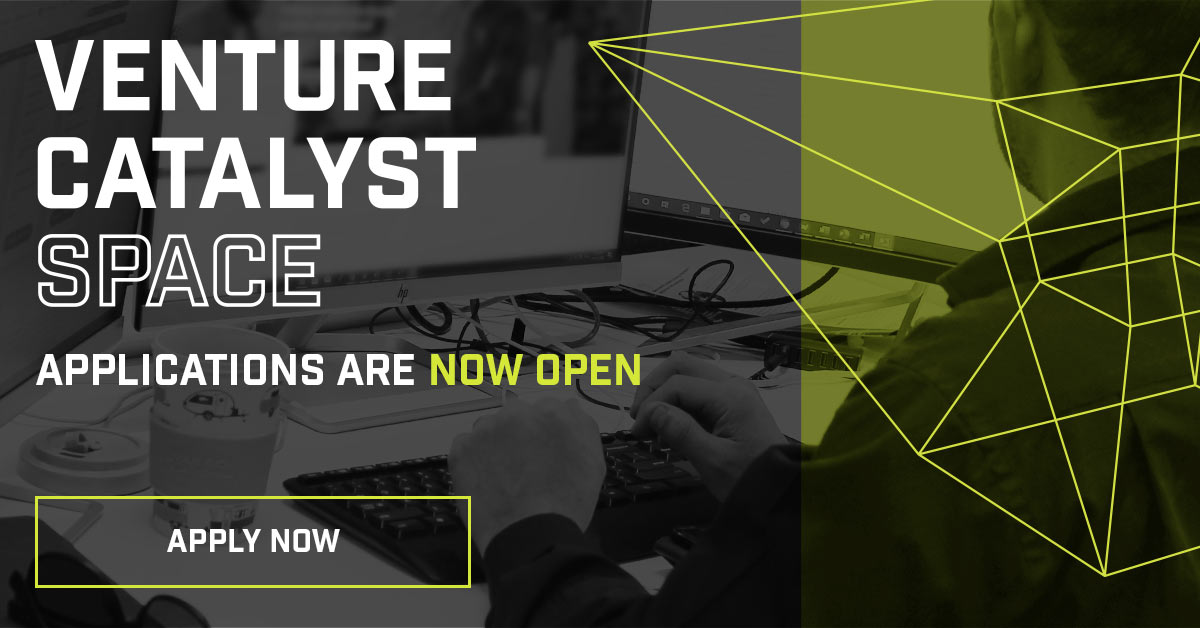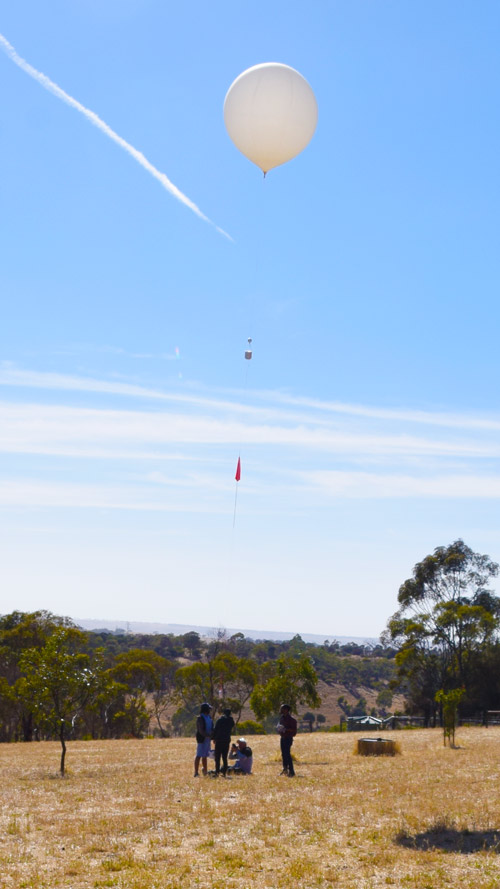
Applications for Venture Catalyst Space are now open
Key points
- Venture Catalyst Space seeks applications from global space startups
- Six-month program designed to enable growth in South Australia’s bourgeoning space industry
Adelaide, AUSTRALIA, 4 February 2020 – The University of South Australia’s Innovation & Collaboration Centre (ICC) is now accepting applications for its 2020 Venture Catalyst Space program.
As Australia’s first space incubator, the program forms part of the state government’s $4 million Space Innovation Fund which is delivered by global partners including the South Australian Space Industry Centre and the International Space University.
Now in its third year, the program supports space startups to validate and test their products side by side with South Australia’s growing space industry, creating a thriving ecosystem and complimenting the work of the industry’s existing 60+ space industry companies, and the Australian Space Agency, which calls Adelaide home.
The program is aimed at creating a competitive and globally recognised space sector in South Australia, and in 2019 had companies from Canada, India and Australia take part in the program.
The companies taking part in 2019 were Astrogate Labs (India), Lux Aerobot (Canada), FireFlight (South Australia), Nano Spaces (South Australia) and Aeon (by Lookinglass) (South Australia). Each received funding, workshops, mentoring and introductions to the Australian space industry as well as a worldclass workspace for the duration of the program.
Working closely with the ICC’s industry partners and Entrepreneurs in Residence, Kirk Drage, Richard Turner and Terry Gold, with a network of expert advisers, the companies were able to test and develop their ideas.
Associate Director of the ICC, Jasmine Vreugdenburg encourages companies from across the global space industry to apply.
“Since launching the program we have supported ten companies to build out their minimum viable product, raise funds and develop partnerships with both research and industry in Australia.” Vreugdenburg says.
“South Australia is home to a rapidly growing space industry, and we are once again seeking applications from local and international companies wanting to develop their networks and business ideas here.”
Lux Co-Founder Katrina Albert said that the program enabled her business to successfully build and trial its technology in a real-world setting while developing industry connections.
“During our time in the 2019 program, we completed a successful test launch of a one-storey-high aerial monitoring balloon,” Albert says. “This launch allowed us to test our technology which is set to be rolled out at three South Australian mine sites this year.”
Applications are now open for the 2020 intake via icc.unisa.edu.au and will close on 23 March (international applicants) and 23 April (Australian applicants).
The program will run from June to December.
 Venture Catalyst Space 2018 Cohort during their sponsored trip to SpaceX in the US.
Venture Catalyst Space 2018 Cohort during their sponsored trip to SpaceX in the US.
About UniSA’s Innovation & Collaboration Centre (ICC)
Established in 2015, the Innovation & Collaboration Centre is the University of South Australia’s startup incubator headquartered in Adelaide with a regional centre in Whyalla.
Enabled by world-class tech resources and tools, the Centre supports enterprises from idea generation to growth and expansion stages. The ICC also gives access to a wide range of expertise in a multidisciplinary environment, backed by industry-focused education and training to develop founders and grow businesses.
Media Contact: Georgia Minarelli email: georgia.minarelli@unisa.edu.au mobile: 0413 314 726


 Venture Catalyst Space 2018 Cohort during their sponsored trip to SpaceX in the US.
Venture Catalyst Space 2018 Cohort during their sponsored trip to SpaceX in the US.

